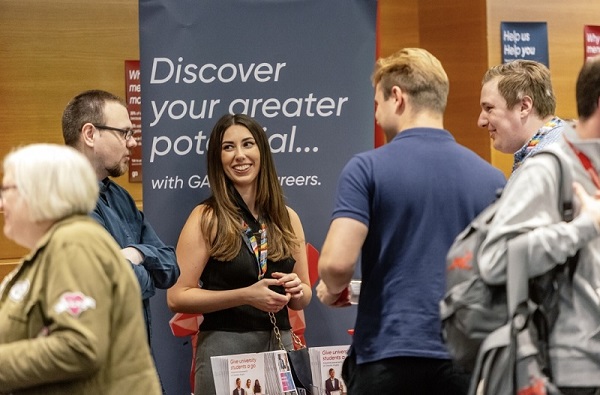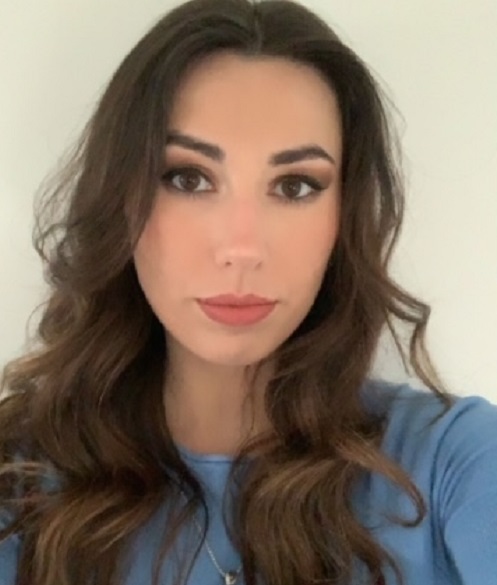Adapting to a professional work environment

The transition from uni to the workplace was never going to be easy – but here is how I have adapted to a professional working environment.
At uni, many of us students struggle to keep a structured routine with lectures at various times in the day, attending clubs and societies and, of course, going out!
Starting a placement doesn’t mean you have to give all that up. It just means switching your focus to the bigger picture and what you want to get out of your degree, and you’ll need to learn to prioritise. It’s still important to stay in touch with friends and ensure you get that downtime to maintain a healthy mind and a good balance.
My Essex journey began in 2021, when I chose to study BSc Management and Marketing, including a placement year. I decided very early on that I wanted to do a placement year as although I had chosen my degree, I was still very unsure what I wanted to do in the future. With a broad degree like management and marketing, as well as a placement, I believed that this would give me a better understanding of what I would like to do with my future.
I started my placement back in September last year, when I joined Greater Anglia as an Early Careers & Apprenticeships assistant within the HR department. I can already say that for the 5 months I have been there, I have already learnt so much, not just about a working environment but about myself.

My day usually begins at around 6:30am to make sure I am in the office by 8:30am to start my day. The early starts are definitely a shock to the system after having the sleep pattern of a uni student for two years! But you will be happy to know that your body does adjust to it after being in a structured routine for a few weeks.
It is essential to present yourself smartly and ensure that you look the part for the days in the office, although the same can’t be said for the days you work from home! You must treat your colleagues with respect and professionalism which means getting your professional emails up to scratch and being wise about your choice of language in the office. It is important to build relationships with your colleagues and get to understand their role within the business as they may be able to help you out in the future, or vice versa.
Working in an office 9-5 is not as dull as it may seem. There are many jobs out there, like mine, that are really engaging and keep your mind active. My role has meant that I have been able to attend various exhibitions and events that I never thought I would have had the privilege of attending on a placement year, but you are treated like any other member of staff. Just because your role may not be permanent, it shouldn’t mean that you are any less valued by your team.
Whilst on placement year, you will have responsibilities. Your colleagues will be relying on you to complete tasks and get your work done before the end of the day. I have found that the workload steadily increases as you become more confident within the role, so it won’t feel as if it is all being piled on you at once.
Being on a placement year is very different to being at uni. You no longer have 5,000-word essays to complete but will instead have varied tasks, with differing requirements, involving different people. This is why I have found it beneficial to create a daily ‘to-do list’, to ensure that my day flows smoothly by prioritising tasks as well as making sure that no important deadlines get lost amongst your emails!
Learn to say yes to every opportunity offered to you, as you never know what may come of it and it might actually be extremely beneficial in progressing your understanding of the company and yourself. Doing a placement year has been one of the best decisions I have made to benefit my career, as I have been able to implement the theory learnt at university into the workplace.
I have had exposure to so many areas of the business and have undertaken a number of projects including creating media content for National Apprenticeships Week, internal and external articles (including an article which was featured in Karen Brady’s Jobs & Careers magazine) and have created case studies, to name a few. Many employers look out for CV’s with work experience, so to have that as well as a degree, will be invaluable once I graduate next year!
If you have any questions around doing a placement year then please reach out to the placement team at placements@essex.ac.uk.
